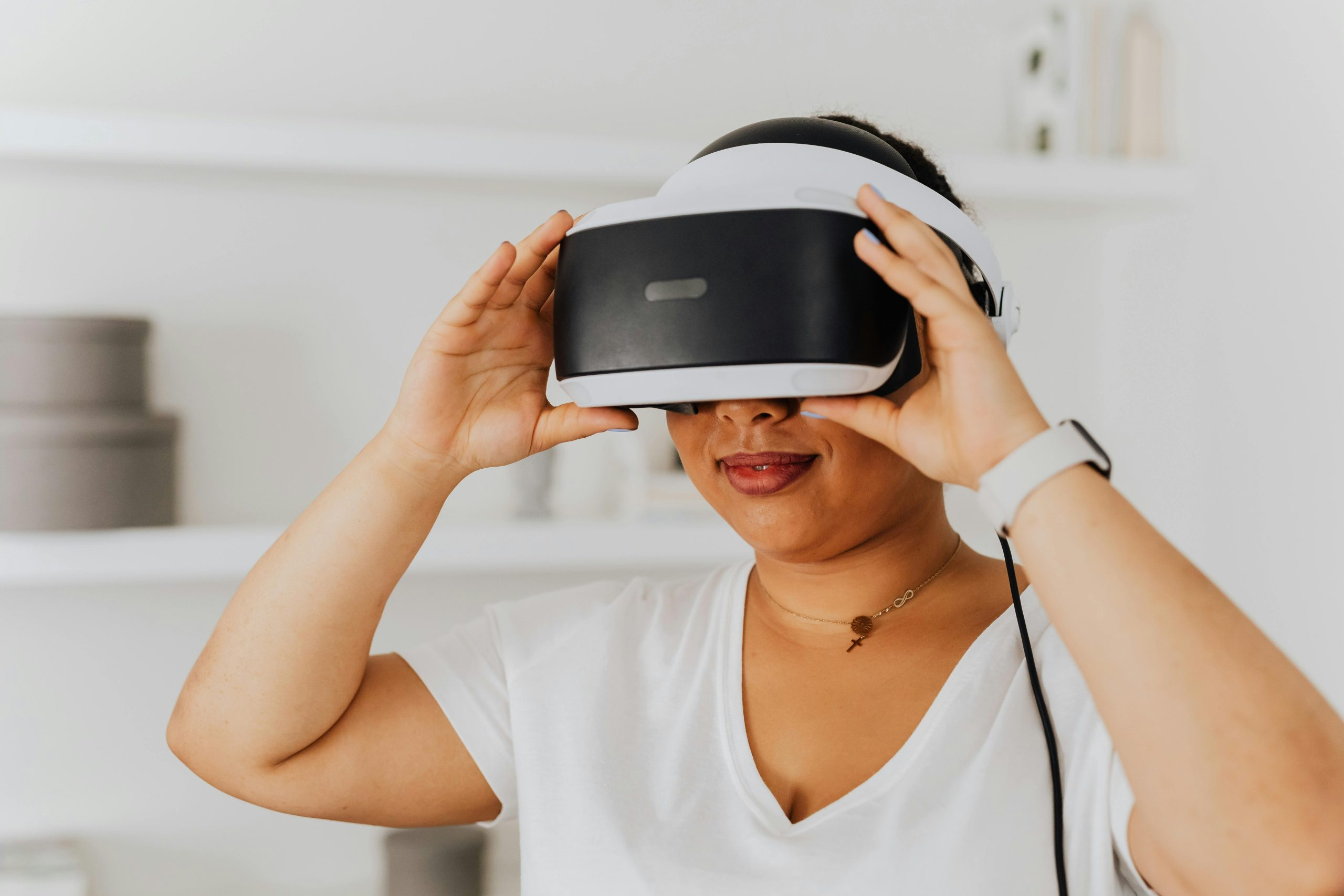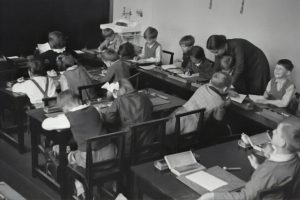Virtual Reality Beyond Entertainment and Gaming
Virtual Reality (VR) technology has long been associated with entertainment and gaming. From the early days of clunky headsets to the advanced systems available today, VR has provided users with immersive experiences in digital worlds and games. However, the potential of VR extends far beyond entertainment and gaming. In fact, VR is being used in various industries to enhance productivity, efficiency, and overall experience. In this article, we’ll explore how VR is being used beyond entertainment and gaming and its impact on our daily lives.
Transforming the Healthcare Industry
The healthcare industry has been one of the early adopters of VR technology. With VR, medical professionals can train in realistic simulated environments, perform surgeries, and practice various procedures. This allows them to gain valuable experience without any risk to patients. Additionally, VR is being used for therapy and rehabilitation. For example, VR-based exposure therapy has shown to be effective in treating post-traumatic stress disorder (PTSD), phobias, and anxiety disorders.
Improving Education and Training
VR has the potential to revolutionize the way we learn and train. With VR, students can experience interactive and immersive lessons, making learning more engaging and effective. VR also allows for hands-on training in high-risk industries such as aviation and construction, where mistakes can have serious consequences. This not only ensures safer working environments but also reduces training costs.
Enhancing Real Estate and Architecture
Virtual reality has transformed the way we buy and sell real estate. With VR, potential buyers can take virtual tours of properties, giving them a realistic sense of the space and layout. This saves time and effort for both buyers and sellers. VR has also revolutionized the architecture industry, allowing architects to create virtual representations of their designs. This enables clients to experience their future homes or buildings before they are constructed.
Advancing Design and Engineering
VR is also being used in design and engineering industries to visualize and test prototypes before they are actually built. This saves time and resources, resulting in more efficient and cost-effective production processes. In addition, VR allows for collaborative design, where team members from different locations can work together in a virtual environment, reducing the need for physical meetings and increasing productivity.
Improving Mental and Physical Well-being
Virtual Reality is being used to improve mental and physical well-being in various ways. In mental health, VR has been used to treat a range of conditions, including depression, anxiety, and eating disorders. Therapists use VR as a tool to help patients practice and develop coping strategies in safe and controlled environments. In physical health, VR is being used for pain management, physical rehabilitation, and even as a tool for relaxation and meditation.
Transforming the Way We Travel
VR has also transformed the travel and tourism industry. With VR, travelers can experience destinations before booking their trips, giving them a better idea of what to expect. VR is also being used to recreate historical places and events, providing an immersive and educational experience for users. Additionally, VR is being used in the hotel industry to enhance guest experience, allowing them to preview and personalize their stay.
Final Thoughts
Virtual Reality is no longer just a technology for gaming and entertainment. Its potential to revolutionize various industries has only just begun. From providing innovative solutions to enhancing experiences, the uses of VR are endless. As the technology becomes more advanced and accessible, we can only imagine the possibilities that VR will bring to our daily lives in the future.











